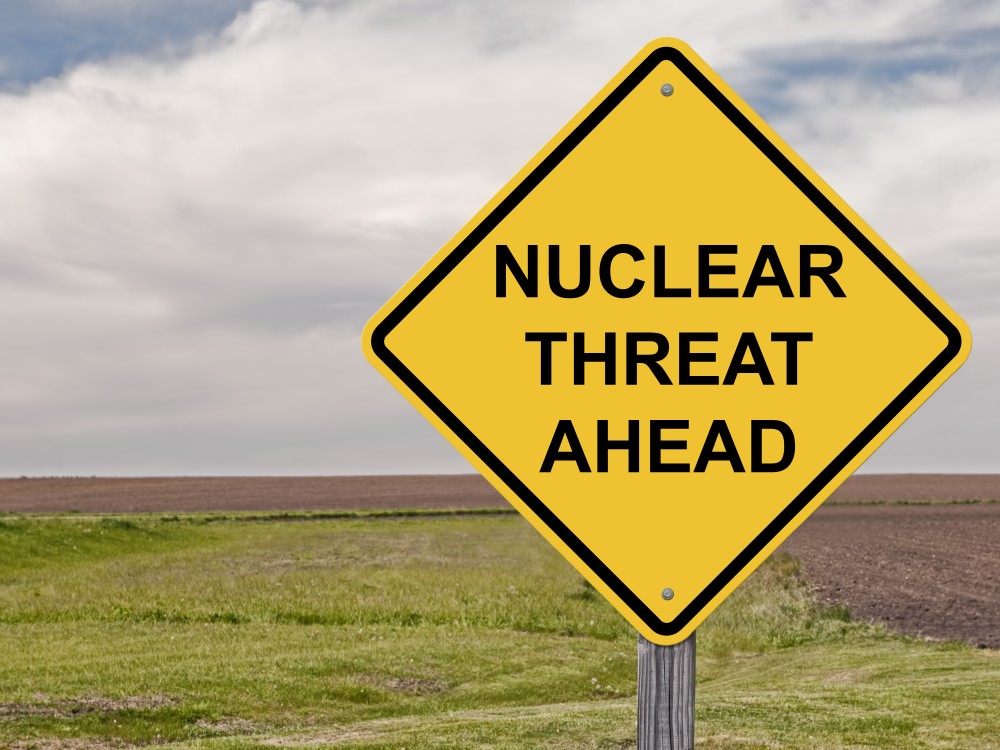
In a new paper, researchers from the Nuclear Threat Initiative (NTI) found that nuclear security now exists in something of a patchwork: from individual states’ domestic regulations and policies, to informal groups of countries working on aspects of security and more formal binding treaties.
In “The Global Nuclear Security Architecture: Closing Gaps to Build Greater Assurance, Accountability, and Action,” author and senior NTI director for its Materials Risk Management program, Samantha Neakrase, drew from data and analysis provided by two other NTI projects: the Global Dialogue on Nuclear Security Priorities and the NTI Nuclear Security Index (NTI Index). She was assisted in this effort by Laura Holgate, NTI vice president for Materials Risk Management.
“Over the past two decades, important steps have been taken to strengthen global nuclear security, but they have not yet led to the creation of a comprehensive global nuclear security architecture that is adequate to the evolving risks of nuclear terrorism and the enormous consequences that would result,” the report said. “The tools to do so exist but addressing these challenges and building on progress already made requires sustained political attention and resources on nuclear security. Yet, in the wake of the Nuclear Security Summits held between 2010 and 2016, attention on nuclear security has waned.”
Together, the authors found that both the political will for and attention paid to nuclear security is flagging, and urged countries to turn that support around. Treaties and international organizations are two of the major ways they foresee achieving this.
“Treaties and international organizations set aspirations and provide vehicles that can increase the effectiveness of nuclear security in individual countries, but they are not yet doing all they can and must do to build an effective nuclear security architecture,” the report said. “Informal collectives often can fill gaps between binding national laws and regulations and voluntary, unverified global commitments through active cooperation to improve implementation of nuclear security measures.”
The latter could help push action at other levels, while keeping commitments more flexible to address an ever-evolving world, not tying hands through codified formal treaties or national laws. Yet the authors could not say that all of this, taken together, amounts to a comprehensive nuclear security system today — there has been progress, and interconnections are growing, but without prioritization and understanding within and without government, efforts toward peaceful nuclear use are unlikely to meet their full potential.




